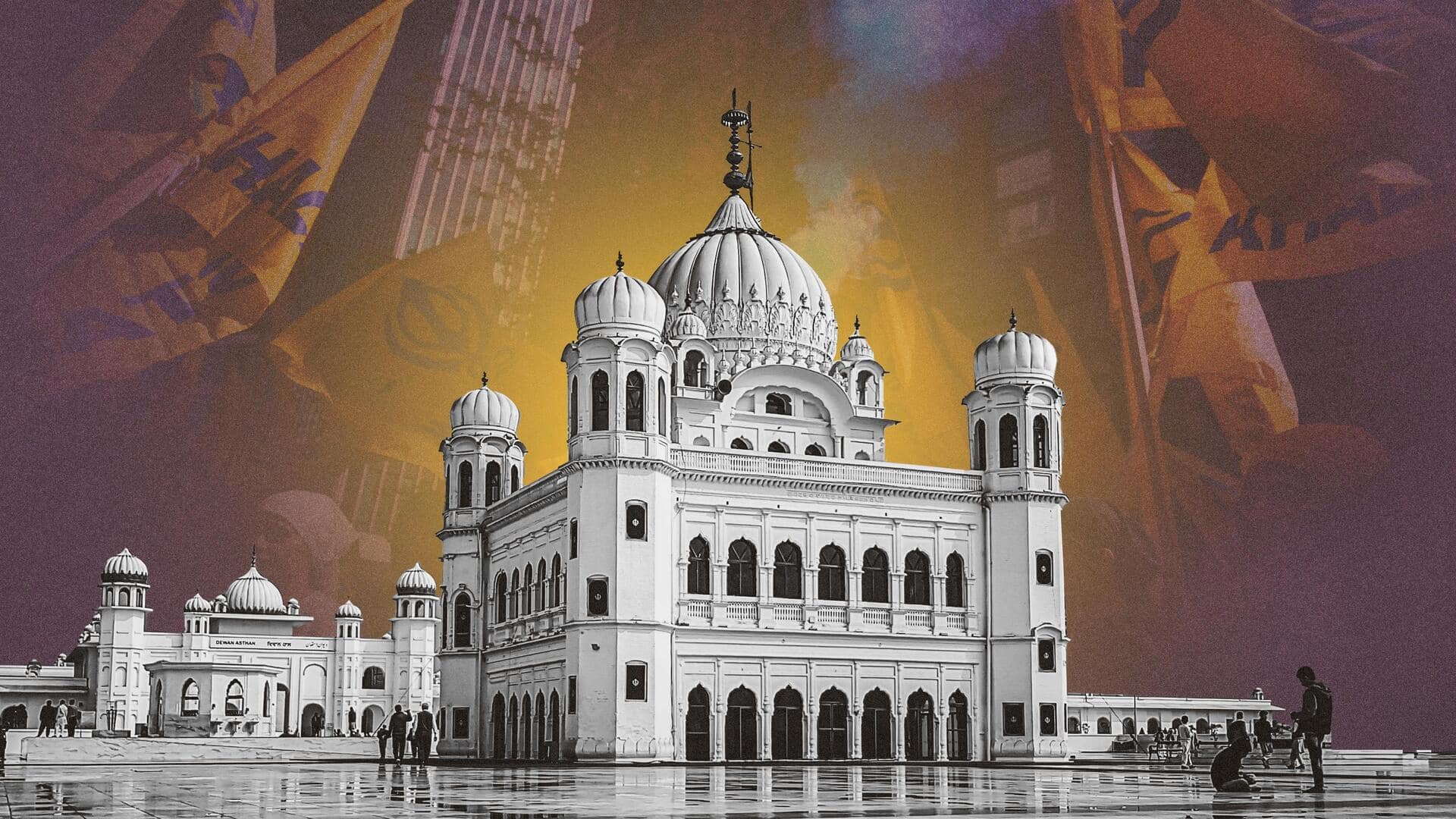
Khalistanis turned gurudwaras into K-hubs: Canada-based Sikh activist
What's the story
In a startling claim about Khalistani activities in Canada, CNN News18 quoted Amrit Pal Brar, a Canada-based radio show host and activist, as saying that Khalistanis turned gurdwaras in Canada into "K-hubs." He claimed that it is only a handful of people who are demanding Khalistan, and there is an infight within the Sikh diaspora in Canada, citing a CBC News report.
Context
Why does this story matter?
The calls for Khalistan, an independent Sikh nation to be carved out of India, have gained momentum in view of the perceived support from the Canadian government. India-Canada relations have nosedived after Canada's Prime Minister Justin Trudeau accused India of killing Khalistani terrorist Hardeep Singh Nijjar on Canadian soil. India rejected the allegations and accused Canada of sheltering elements seeking to divide India.
Details
Can buy towns if they want: Brar
Responding to a question about whether Khalistanis can form an autonomous entity within Canada, Brar said that if all the quarters of the Sikh diaspora join hands, they are capable of buying towns in Canada. However, with different groups focused on one-upping each other, he didn't see it happening anytime soon. Indian intelligence agencies estimate that Khalistanis control eight of Canada's 250 gurdwaras.
Movement
Khalistan movement accelerated in Canada after 1984: Brar
Brar added the Khalistan movement in Canada picked up around 1984, when Indian security forces entered the Akal Takht to take out Khalistani leader Jarnail Singh Bhindranwale. Around the same time, Khalistanis took over the Khalsa Diwan Society Gurdwara in Vancouver. Later, they took control of a gurdwara in Surrey. Notably, Nijjar was shot dead in a Surrey gurdwara, which he headed.
Passport
Who allowed Nijjar to enter Canada: Brar
The report also quoted Brar, saying, "The question is how Nijjar arrived in Canada, who allowed him?... Police will never confirm that." Nijjar reportedly fled to Canada in 1997 on a counterfeit passport and sought asylum, citing persecution. The Canadian authorities rejected his claim but eventually granted him citizenship under unclear circumstances. India designated him as a terrorist in 2020.
Gurdwara
Sikh community divided between moderates and fundamentalists
Brar said the 1990s saw a change in the administration of gurdwaras. Amid Khalistanis increasing control over Gurdwaras, the Sikh community was divided into two groups—moderates and fundamentalists—who disagreed over several issues. Canada's gurdwaras are also divided into two categories: private and non-profit. While non-profit gurdwaras hold elections for administrative control, the others are owned by individuals and have private memberships.